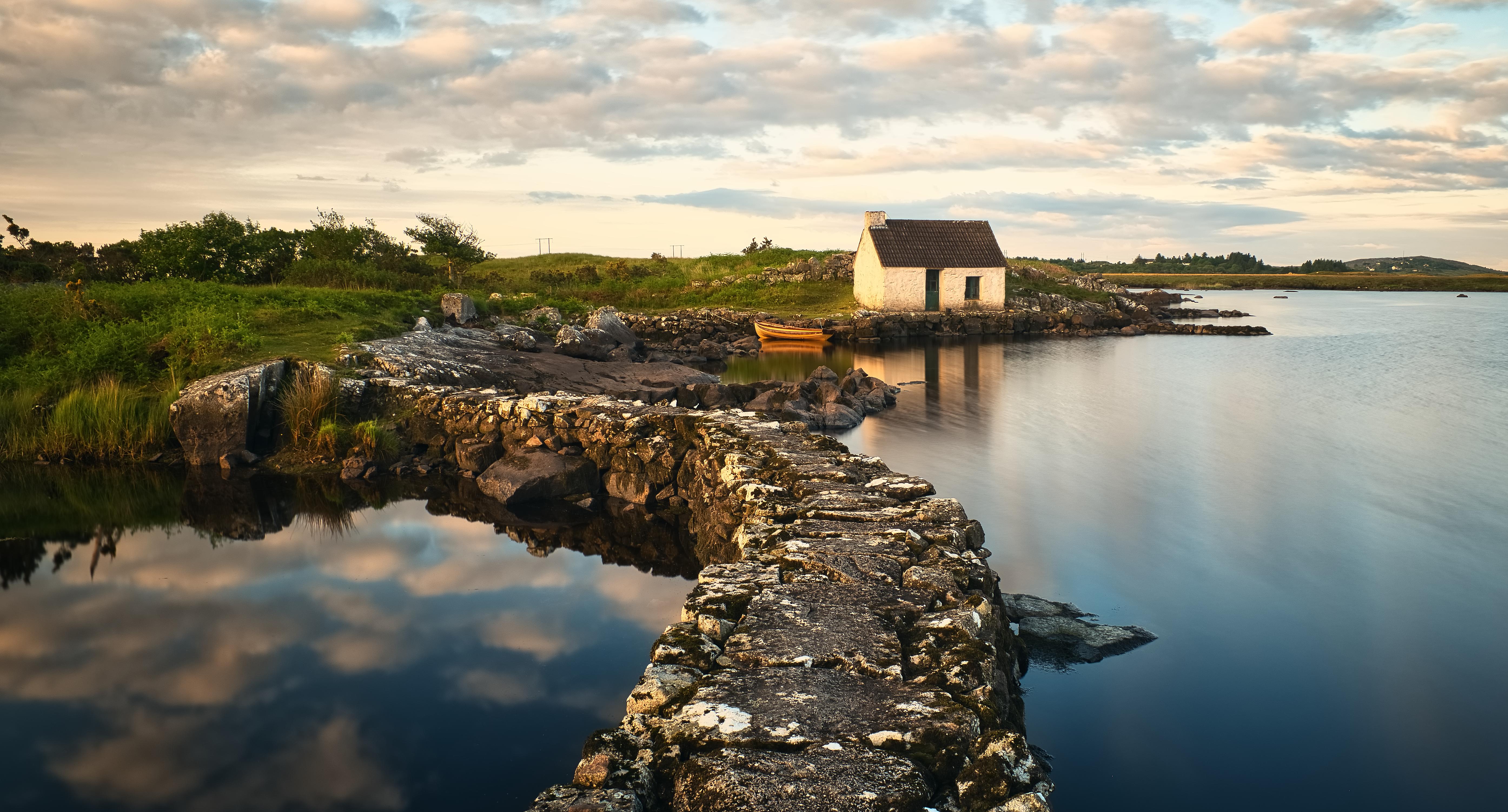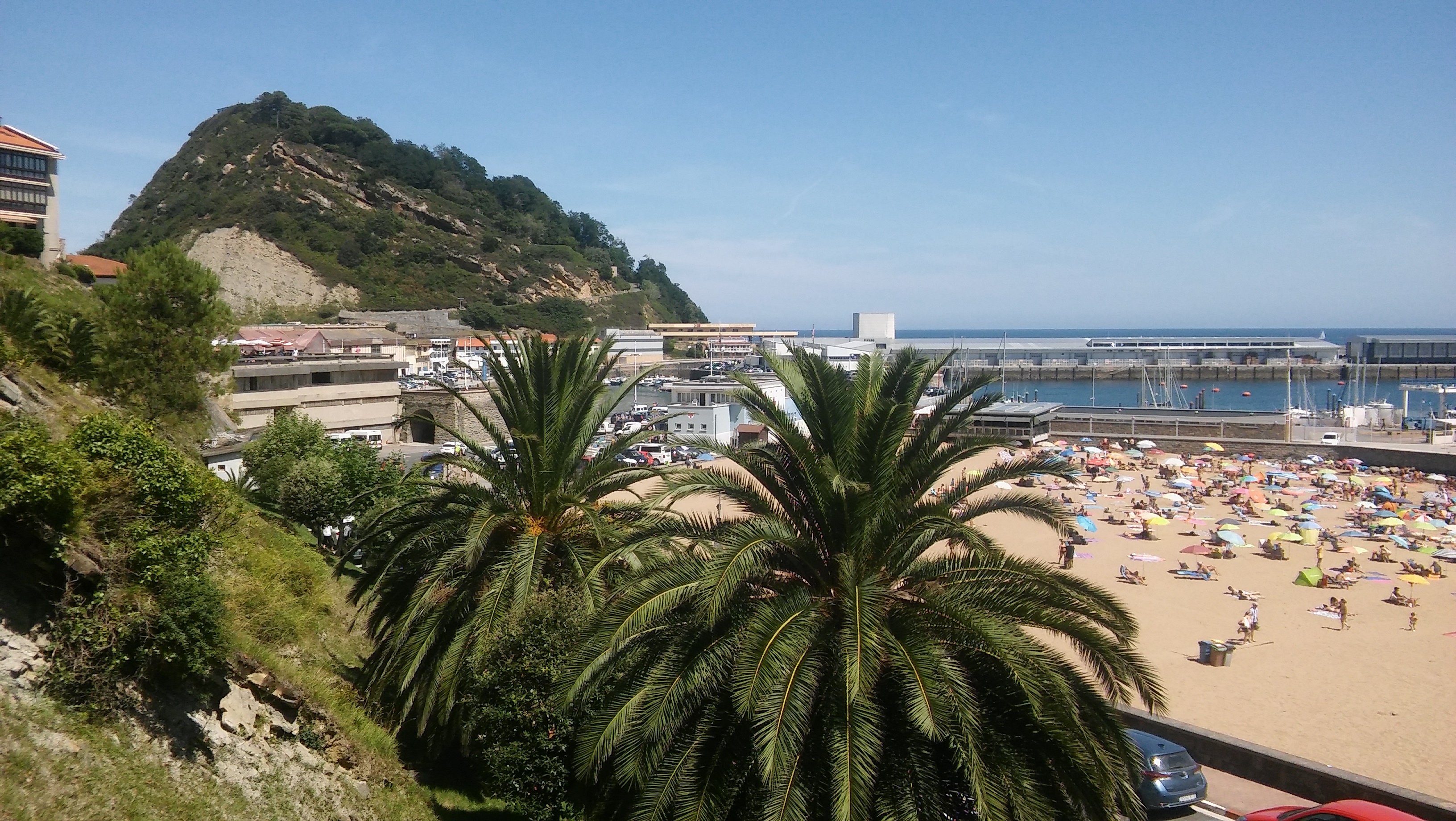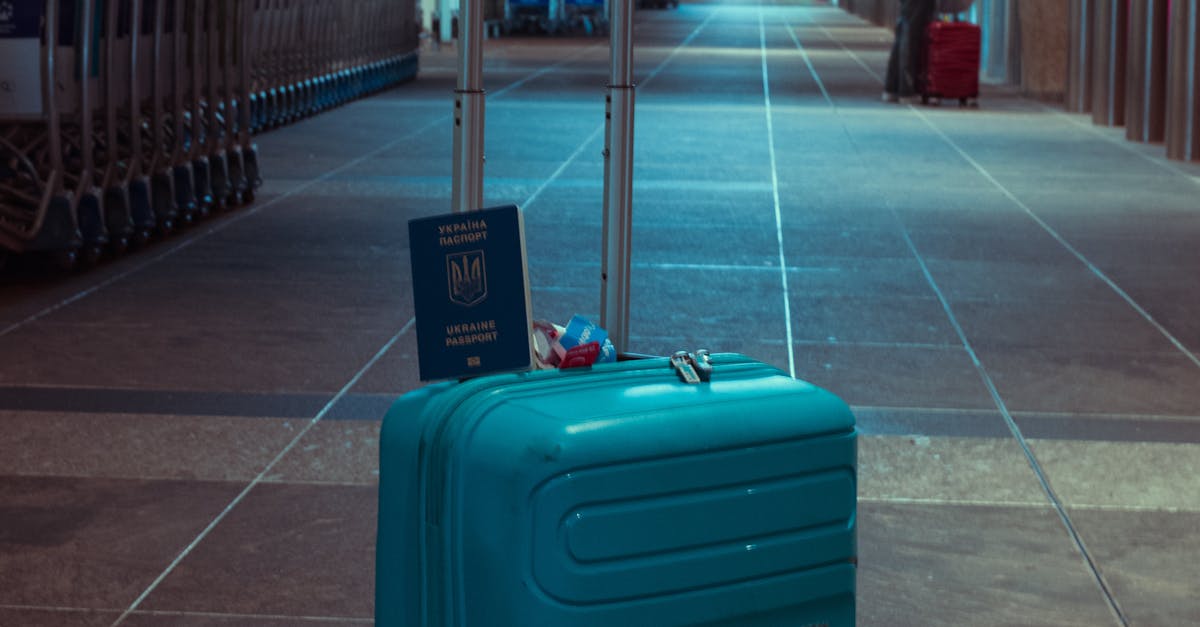13 Countries Where Travel Shaming Might Surprise You
Travel has never been more accessible—or more judged. In the age of social media scrutiny and cultural awakenings, travel shaming has emerged as an unexpected pitfall for modern globetrotters. And while you'd expect raised eyebrows in overtouristed hotspots, what’s surprising is where this subtle, often unspoken judgment crops up: in countries known for their hospitality, beauty, or tradition of welcoming outsiders. From whispered disapproval over loud behavior in Japan to online backlash for Instagramming the “wrong” way in China, travel shaming wears many faces—and it’s not always obvious. In this guide, we unpack 13 unexpected countries where travel shaming might catch you off guard. More importantly, we explore why it happens—tracing it back to cultural pride, historical wounds, environmental ethics, and unspoken social contracts. Consider this your cheat sheet to traveling not just widely, but wisely—because avoiding travel shaming isn’t about being perfect. It’s about being aware.
1. Japan: The Silent Disapproval
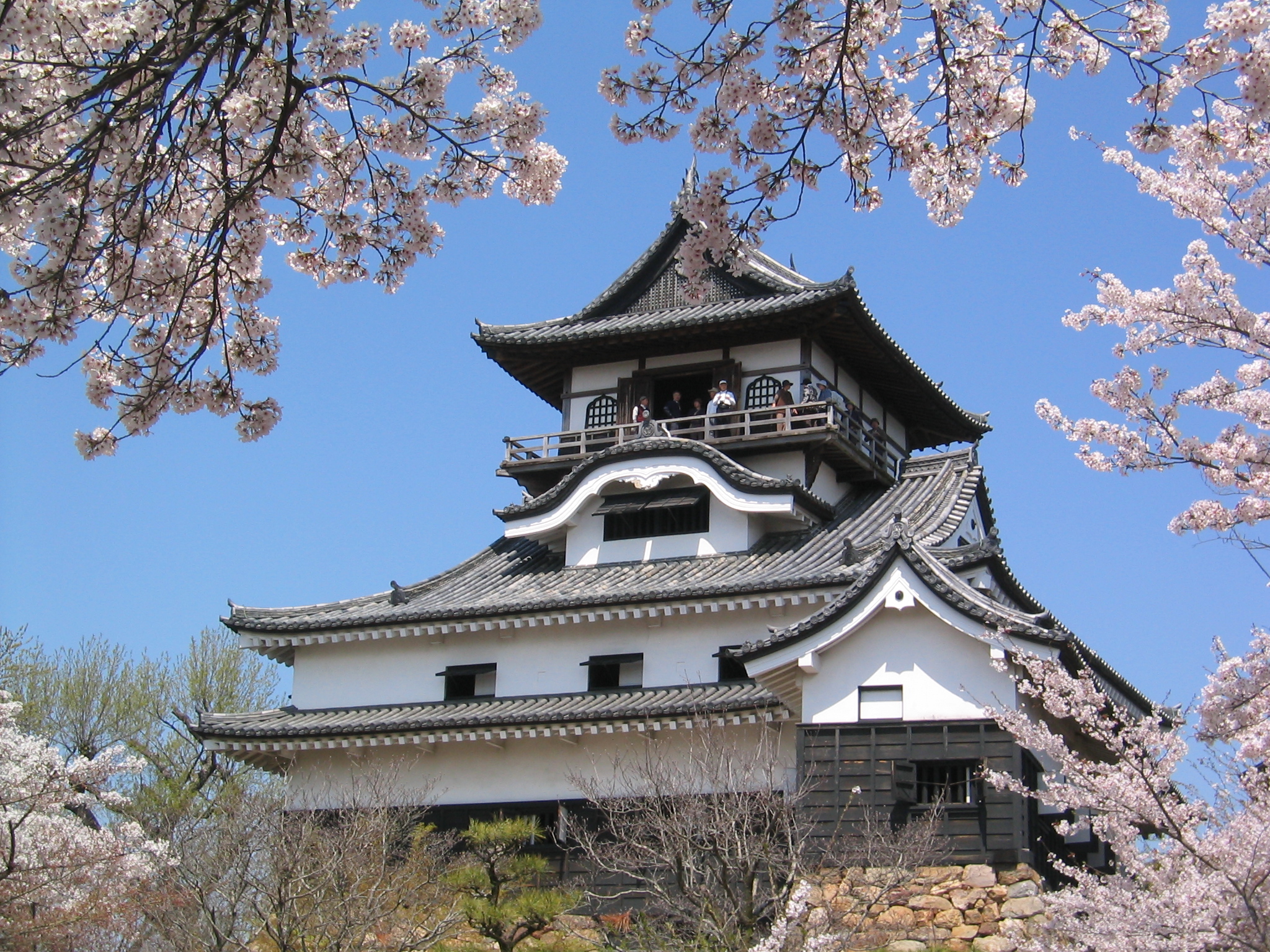
Japan is a masterclass in subtle social cues. With an emphasis on harmony, discretion, and etiquette, travelers who violate these norms—speaking loudly on trains, eating while walking, ignoring queues—may encounter quiet but unmistakable judgment. It's rarely vocalized, but the discomfort can be palpable. Environmental behavior also matters. Japan’s streets are clean for a reason. Littering, misusing recycling bins, or eating in inappropriate places can signal disrespect. To avoid shaming here, the rule is simple: blend in, observe, and adapt.
2. Iceland: Nature Is Sacred
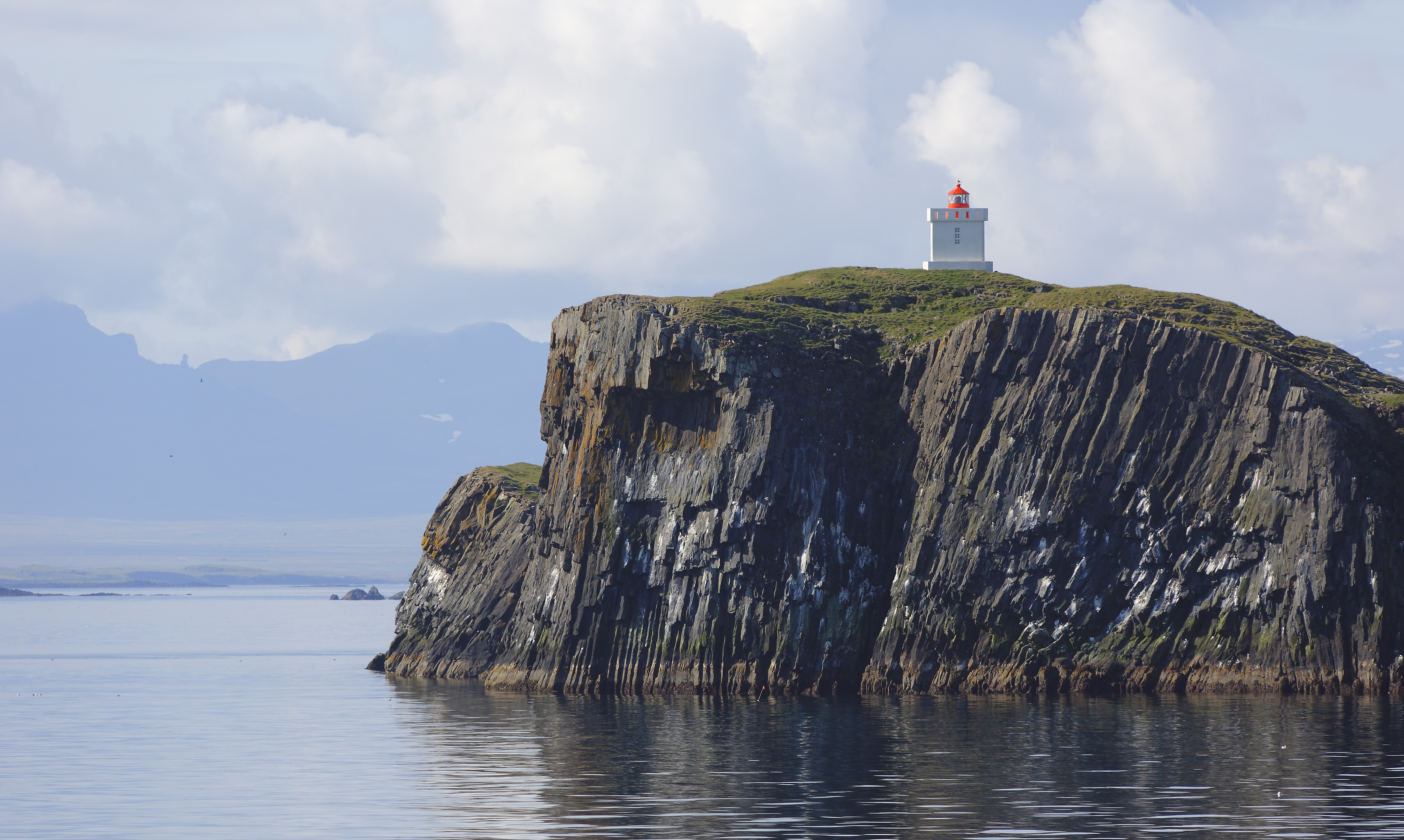
Iceland’s landscape is otherworldly—and fiercely protected. Locals take immense pride in preserving the country’s raw beauty, and tourists who leave trash, stray off marked trails, or misuse natural sites like geothermal pools risk being called out, sometimes publicly. Even actions that feel minor elsewhere—like flying drones in serene areas or driving off-road—can trigger backlash. Icelanders aren’t shy about voicing their frustration, especially online. Respect for the environment isn’t just appreciated—it’s expected.
3. Italy: Culinary Missteps
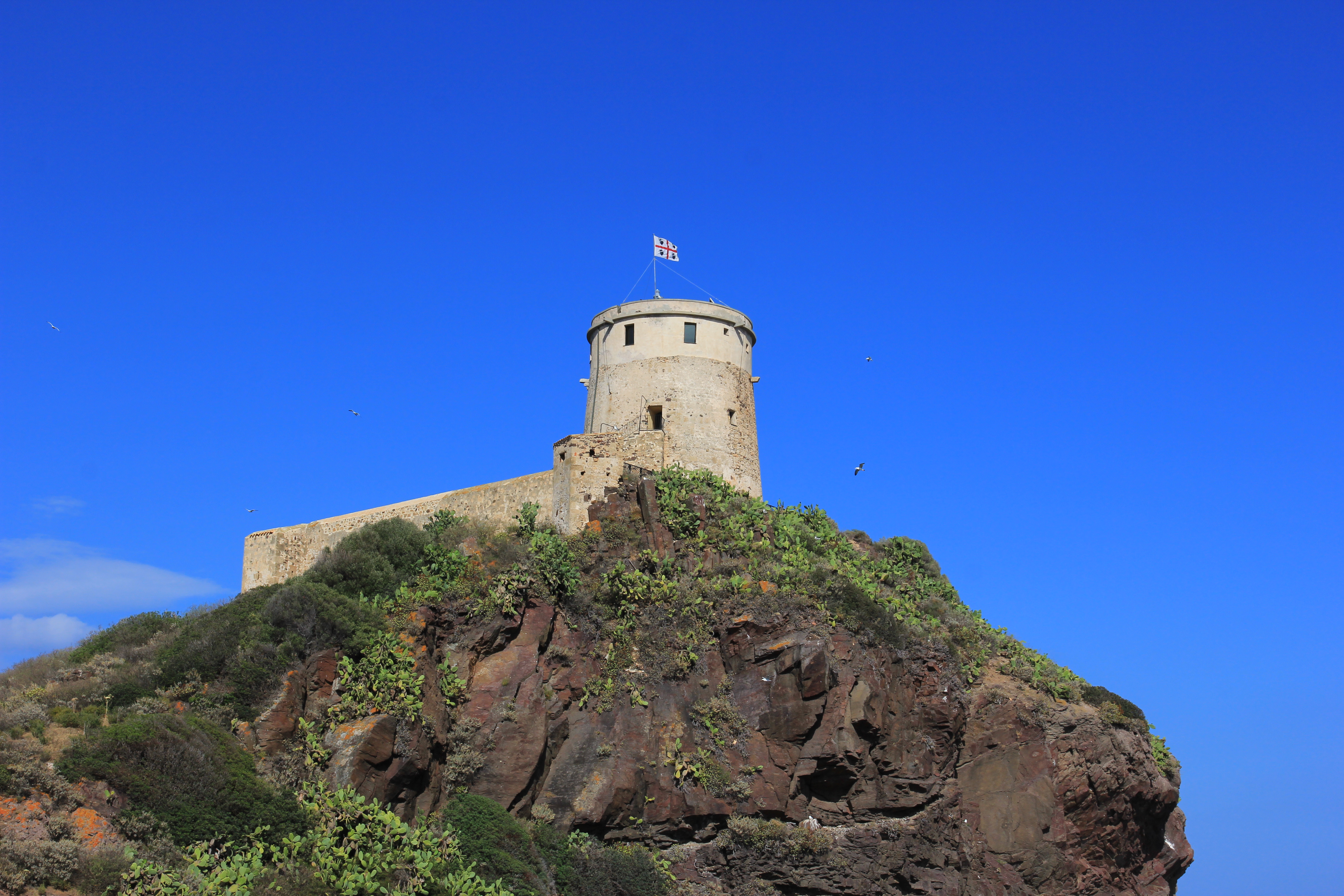
In Italy, food is culture—and messing with tradition can raise eyebrows. Asking for extra cheese on seafood pasta, ordering cappuccino after noon, or modifying classic dishes might earn you disapproving looks or even a gentle lecture. But the judgment isn’t just about taste. It’s about respecting heritage. Dining is a ritual here, meant to be savored, not rushed. Engage with it on local terms and you'll be embraced. Resist, and you might find yourself the topic of a kitchen conversation.
4. India: Dress and Demeanor Matter
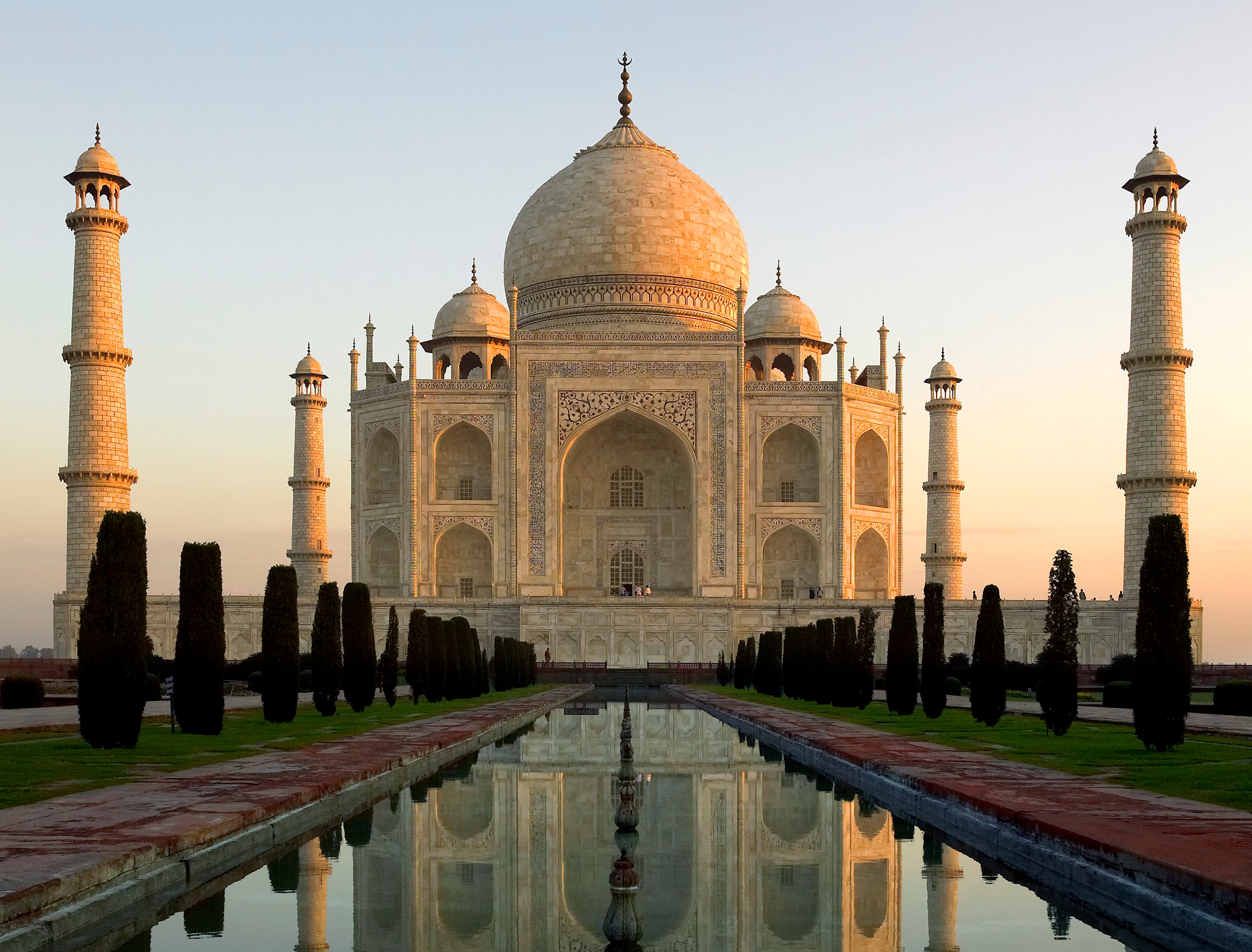
India’s cultural and regional diversity is vast, and so are its expectations around behavior. While urban centers are cosmopolitan, many regions—especially religious or rural ones—hold to conservative values around clothing, modesty, and interaction. Wearing revealing clothing at a temple, speaking dismissively of local customs, or refusing to remove shoes in sacred spaces can lead to visible disapproval. In a culture where respect and hospitality are paramount, returning the gesture is non-negotiable.
5. Brazil: Failing the Festive Spirit
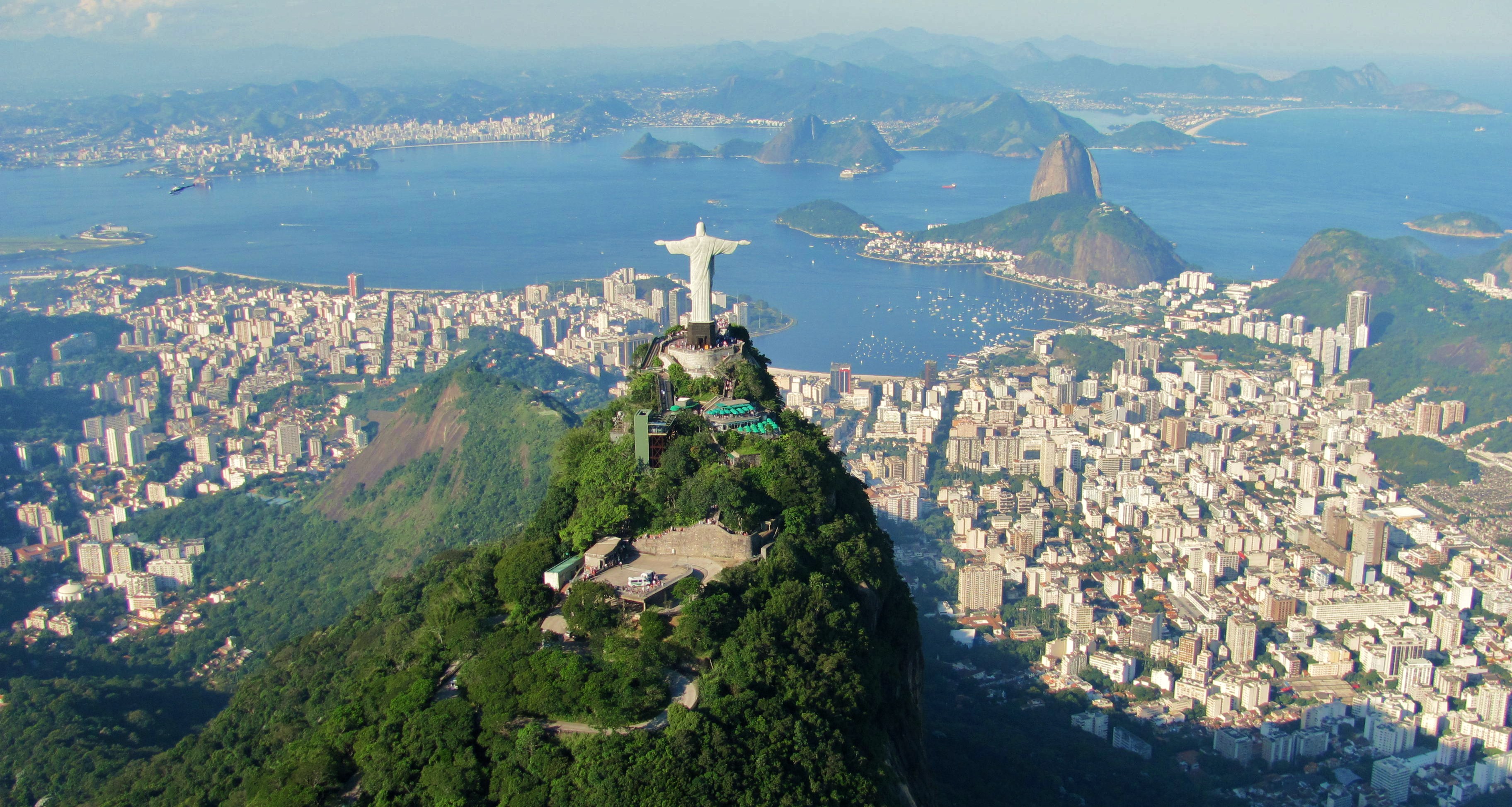
Brazil is synonymous with joy, music, and expression—but it also comes with strong social codes. Tourists who are overly reserved or who mock or disengage from local celebrations may be seen as rude or arrogant. Cultural appropriation is also a hot-button issue. Donning traditional costumes without understanding their meaning—especially in Afro-Brazilian or indigenous communities—can cause offense. Brazil welcomes passion. Just make sure yours is rooted in respect.
6. China: Digital Disapproval
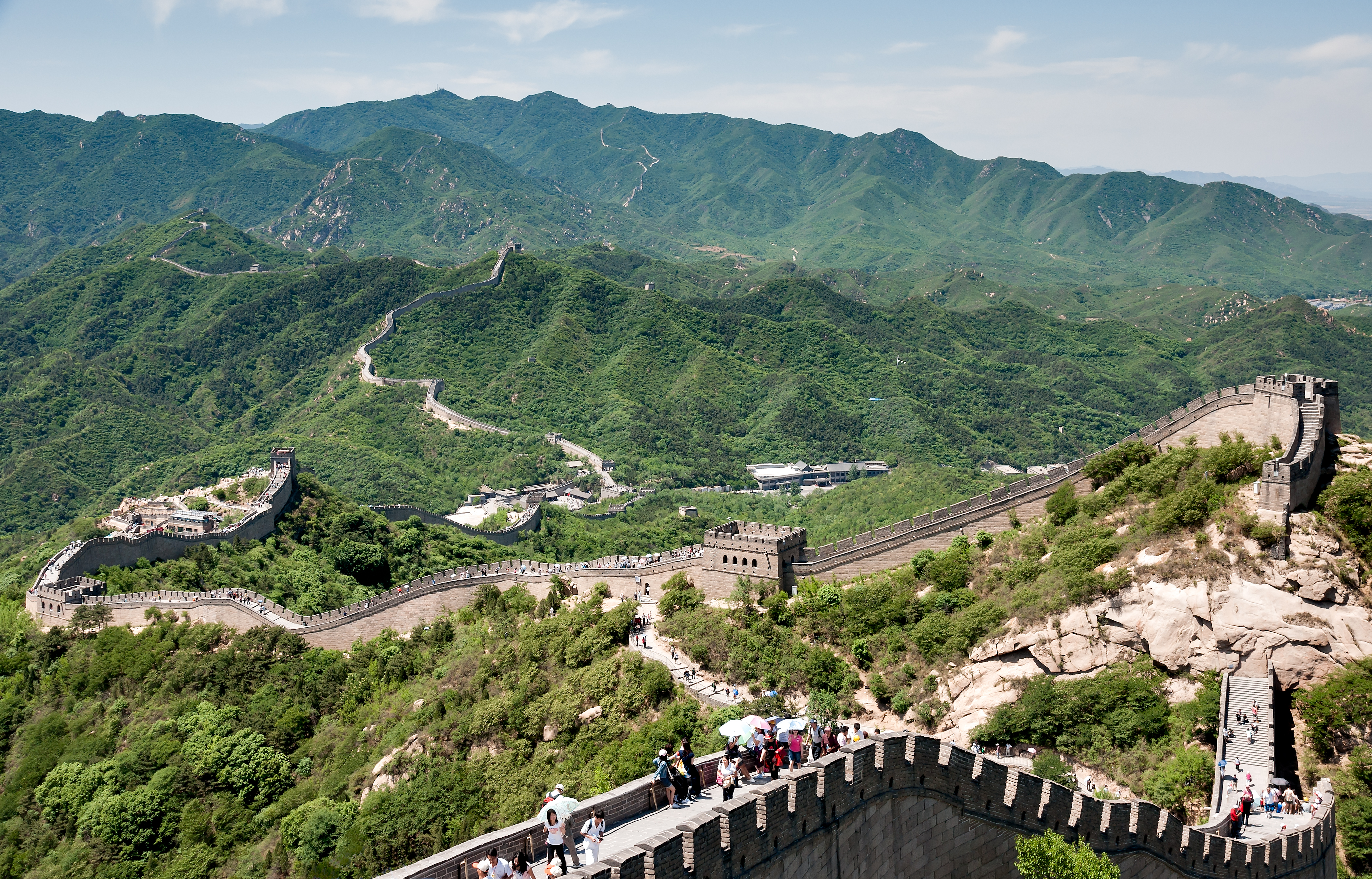
In China, travel shaming often plays out online. Tourists who misbehave at sacred sites, mock local customs, or post culturally insensitive content can quickly go viral—for all the wrong reasons. There’s also a strong public expectation of respect and social order. Disruptive behavior in crowded places, poor hygiene, or filming without permission can prompt public scolding or online backlash. Be mindful: in China, the digital eye is always watching.
7. Russia: Respecting the Past
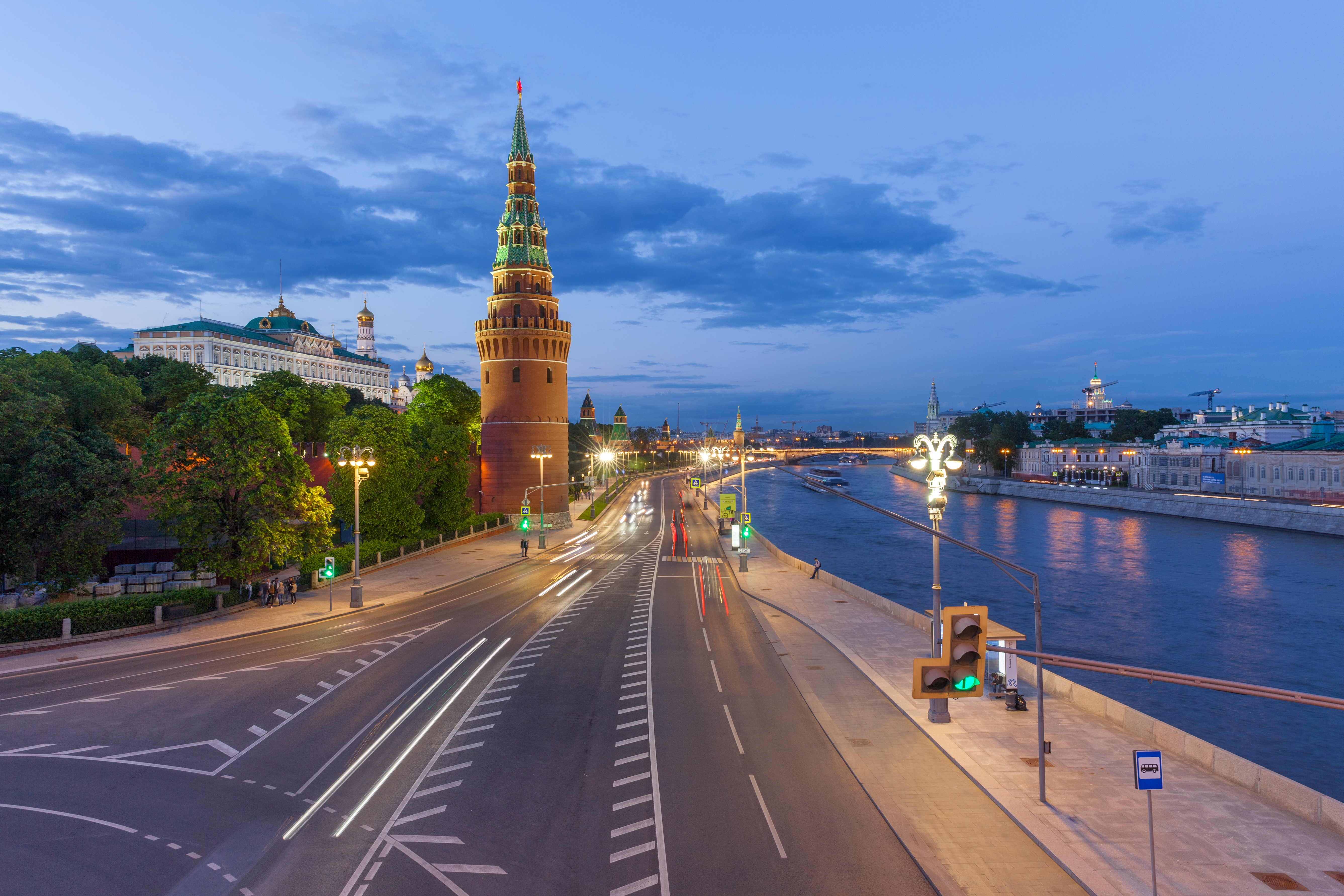
Russia’s deep national pride and reverence for history means tourists are expected to approach certain sites and topics with solemnity. Disrespecting war memorials, making jokes about sensitive historical periods, or appearing dismissive can provoke serious backlash. Even gestures like laughing loudly or dressing too casually at historically significant landmarks can be perceived as a slight. In Russia, history isn't distant—it's present. Treat it accordingly.
8. Thailand: Sacred Spaces, Sacred Behavior
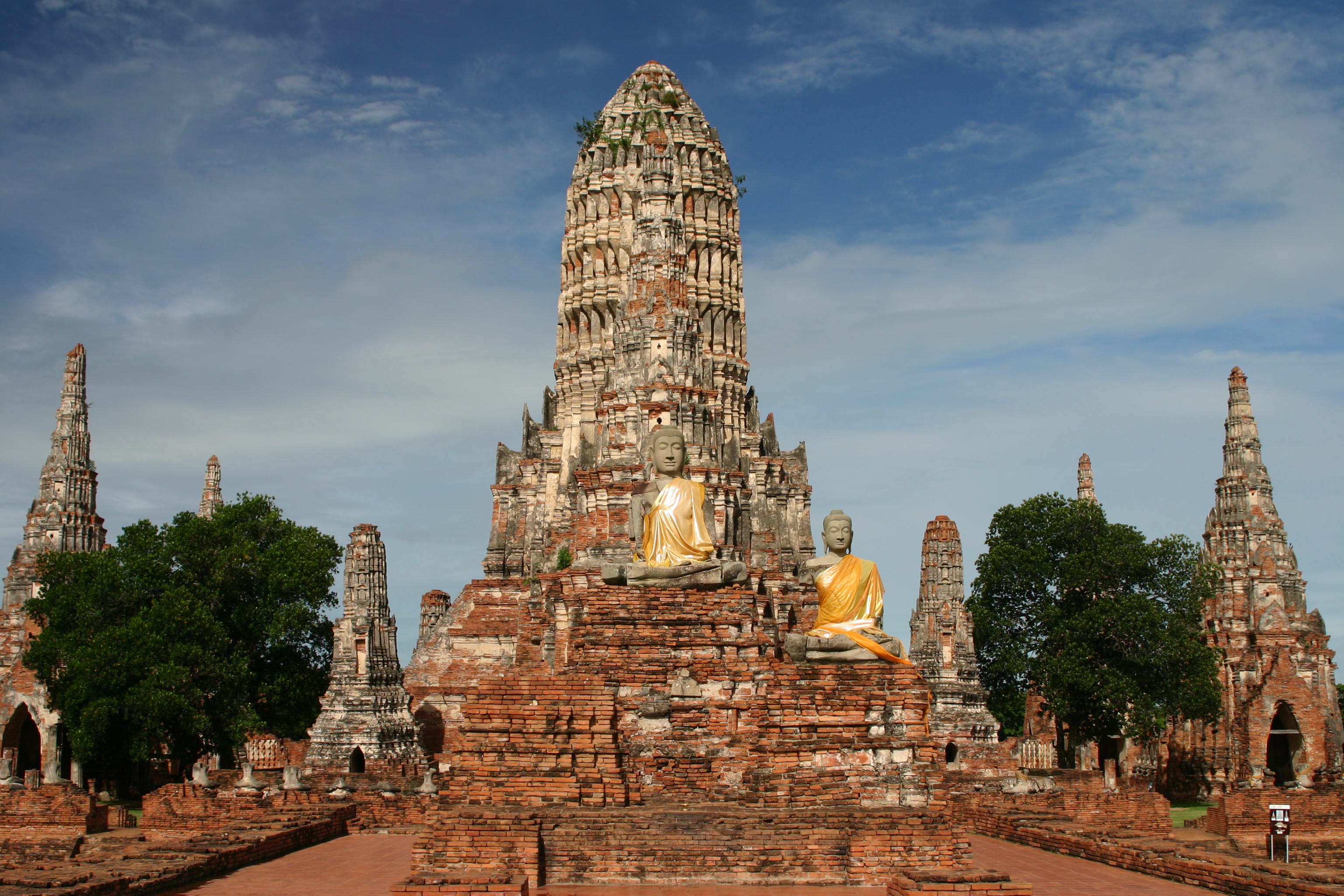
In Thailand, Buddhism shapes daily life, and temples are not tourist props—they are sacred ground. Tourists who pose inappropriately with statues, enter without proper dress, or touch monks (especially as women) can be seen as deeply disrespectful. Even seemingly innocent behaviors, like stepping on money (which bears the king’s face) or touching someone on the head, can be considered offensive. Thailand may be easygoing on the surface, but its spiritual backbone is firm.
9. Egypt: Picture with Caution
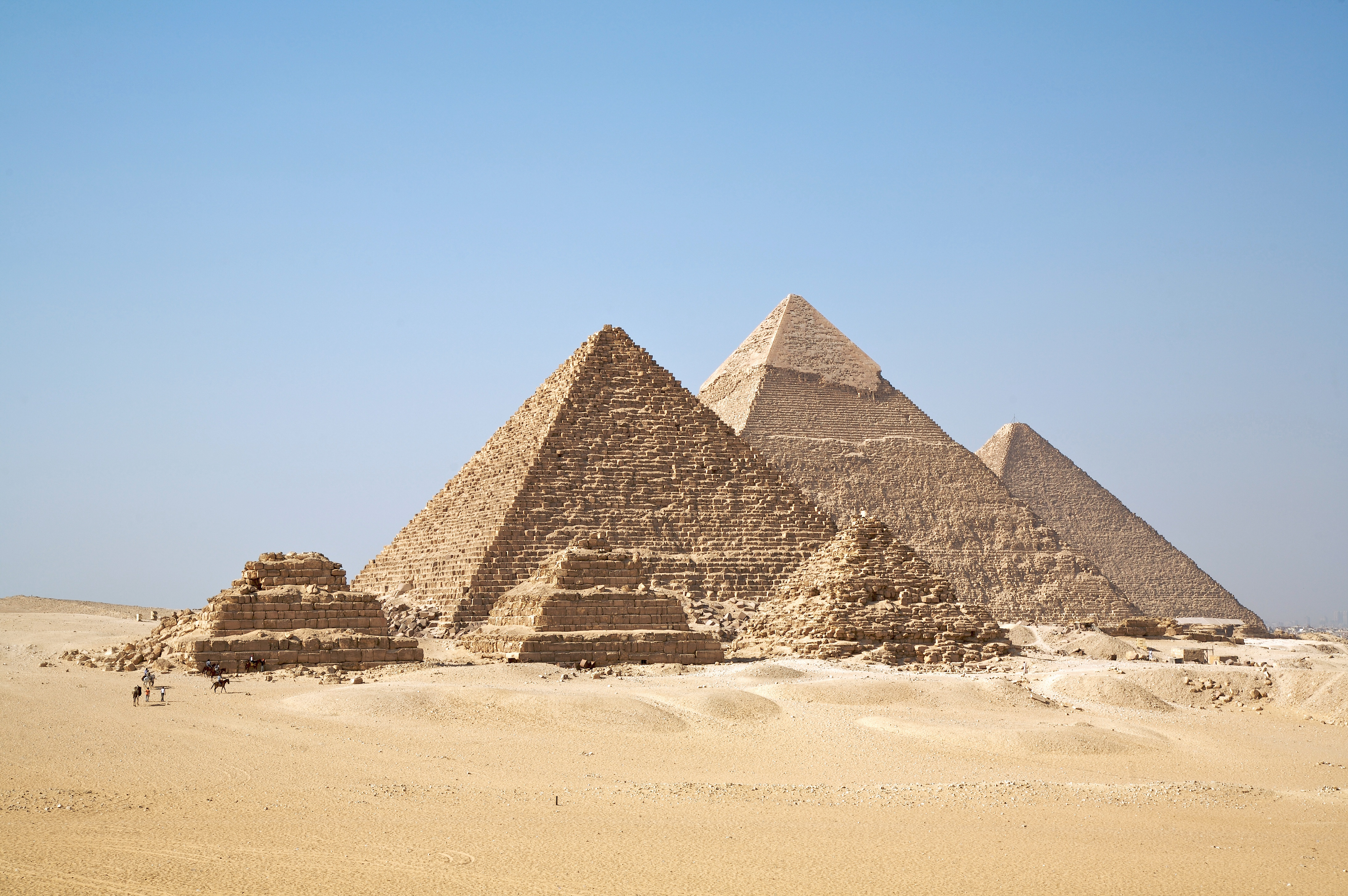
Egypt’s historical treasures draw millions—but how you document them matters. Tourists climbing pyramids, taking selfies during prayer calls, or photographing locals without consent risk both official reprimand and public shaming. Photography in sacred spaces or military zones is strictly regulated. While curiosity is natural, here it must be paired with discretion. Always ask first. Egypt values storytelling—but not when it crosses into spectacle.
10. France: Language is Respect
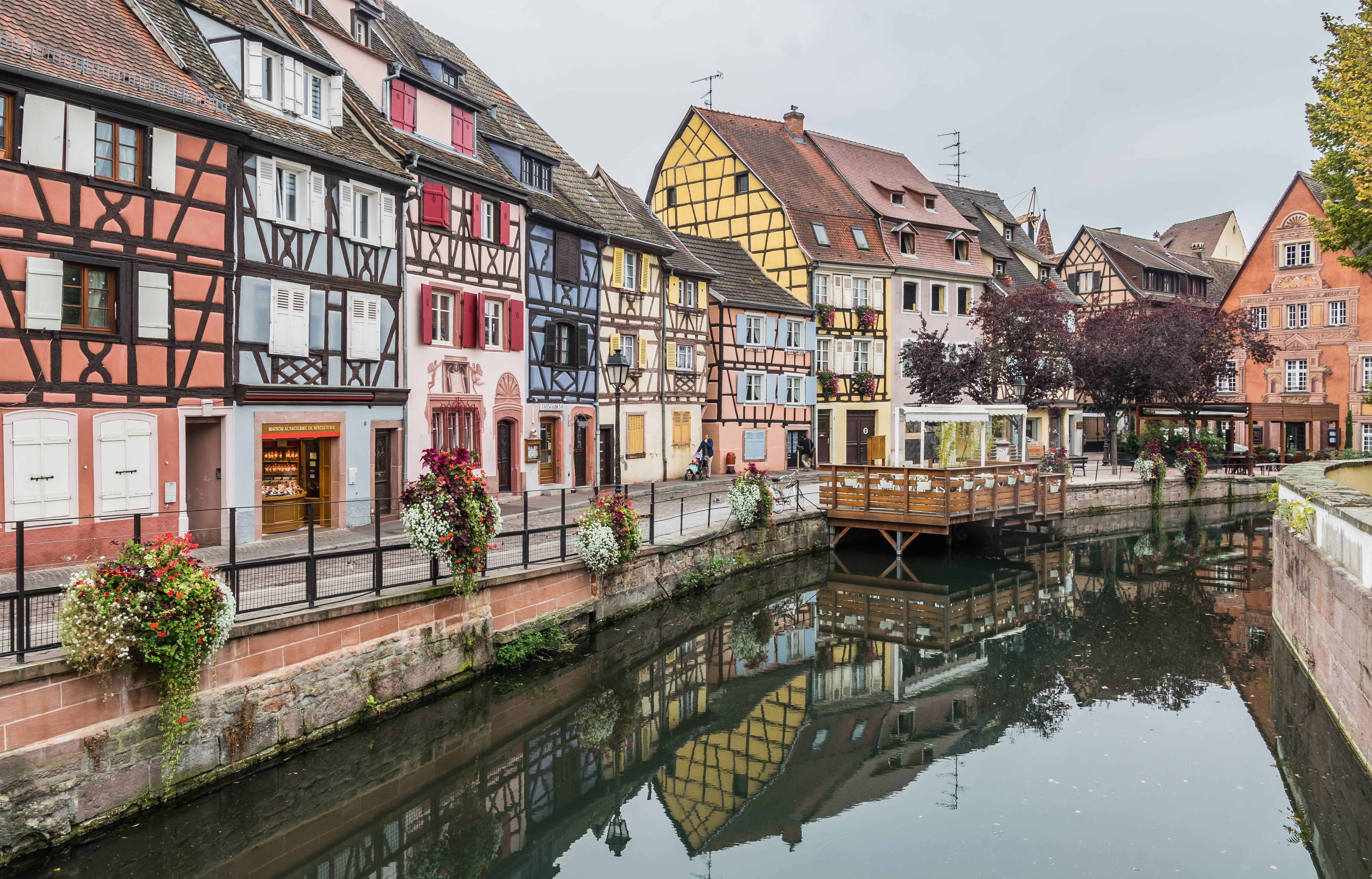
In France, especially in smaller towns, speaking even a little French isn’t just appreciated—it’s considered respectful. Tourists who insist on English without trying to engage in French may receive curt service or cold shoulders. It’s not snobbery—it’s pride. The French deeply value their language and cultural identity. Even a simple “Bonjour” or “Merci” goes a long way. It signals effort, and effort is everything.
11. Mexico: Cultural Respect vs. Costumes
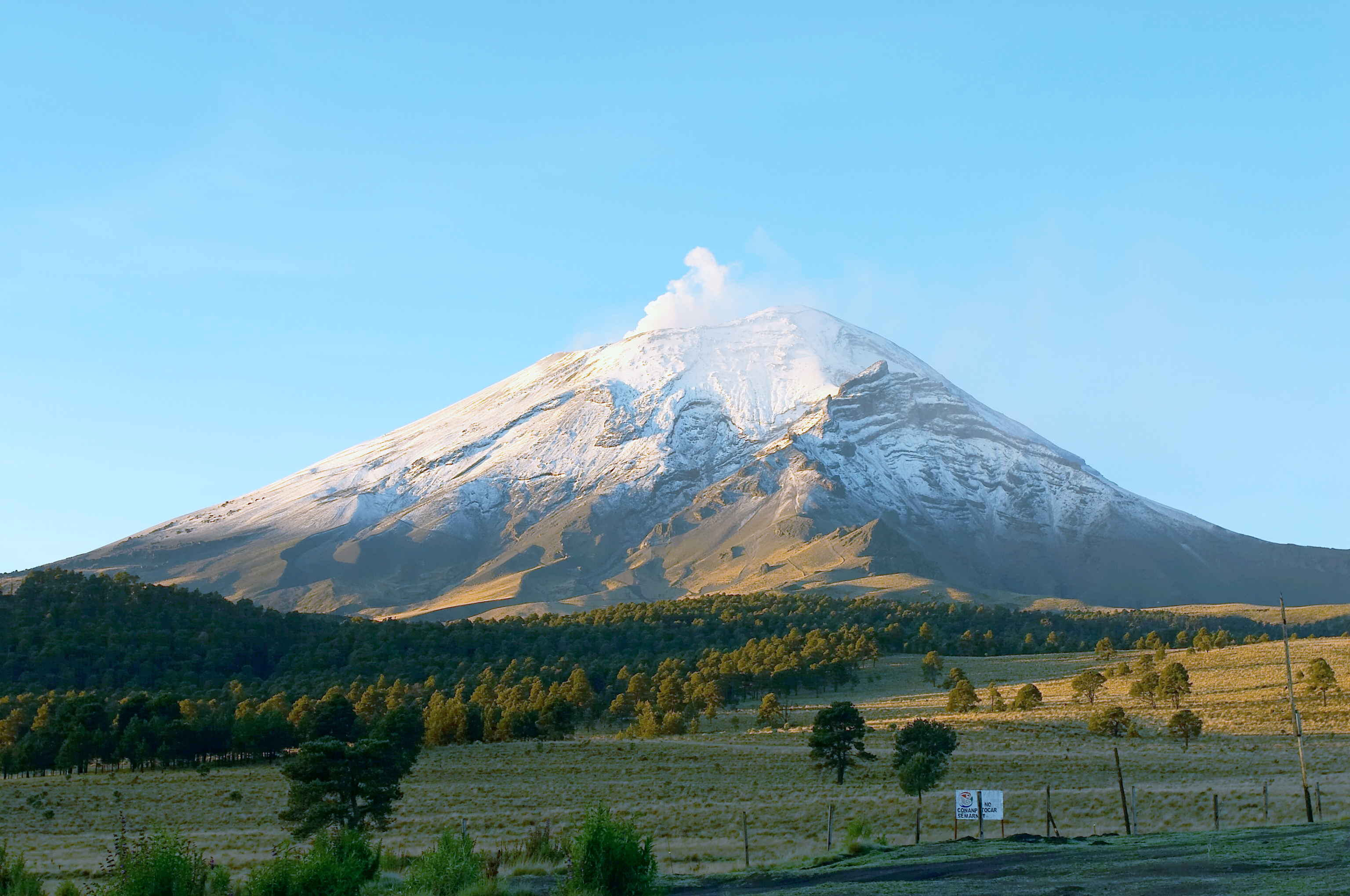
Mexico’s rich traditions—from Día de los Muertos to indigenous dress—are not costumes for Instagram. Tourists who trivialize sacred holidays or misuse traditional attire often face backlash, both in person and online. Additionally, failing to engage with locals respectfully—especially in areas with strong indigenous presence—can come across as entitled. Mexico welcomes guests warmly, but expects genuine curiosity, not caricature.
12. Turkey: Mind the Monument
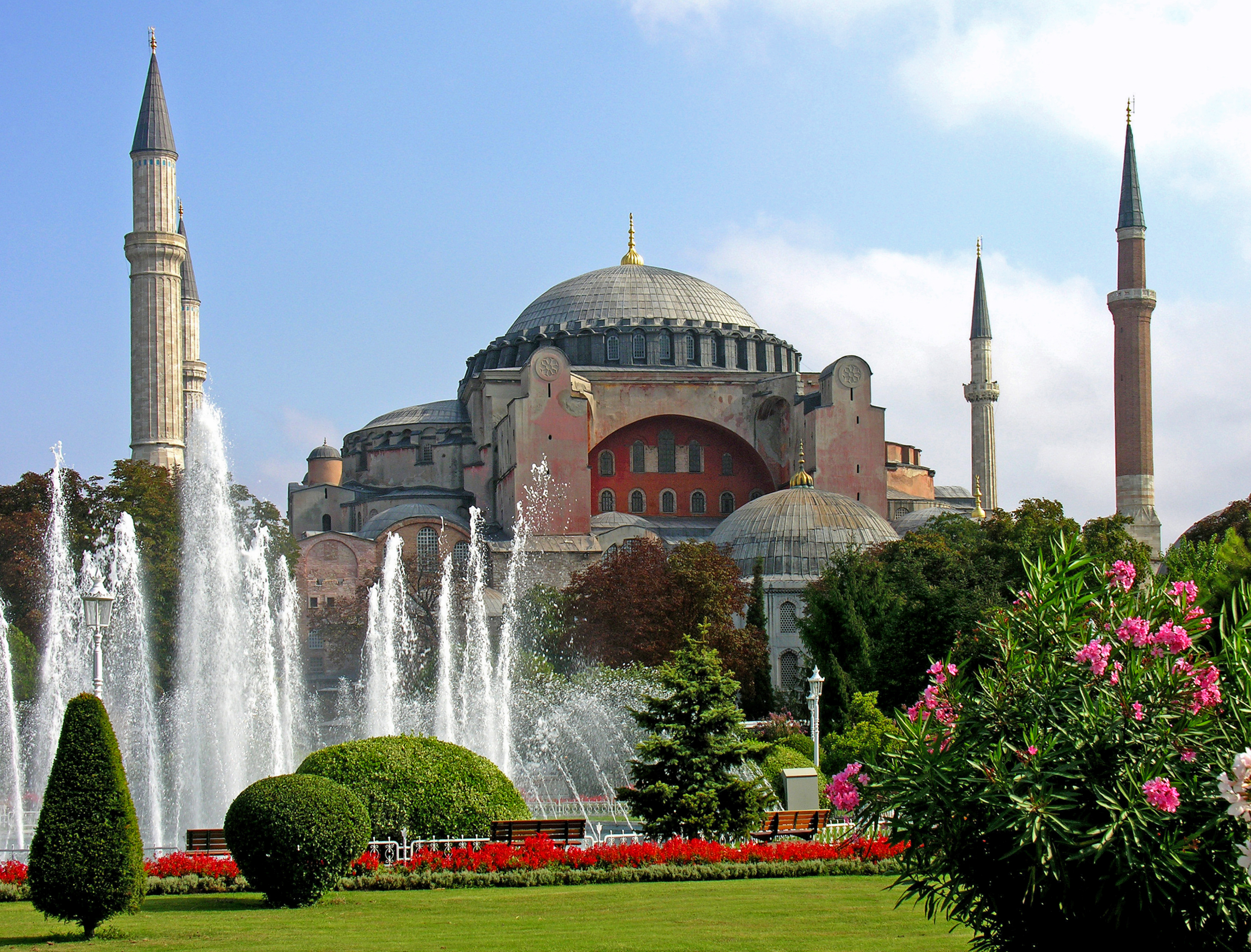
In Turkey, ancient ruins and mosques are treated with reverence. Climbing statues, yelling inside mosques, or wearing revealing clothes in conservative towns can lead to sharp rebukes. Turkey also has a strong undercurrent of national pride. Political jokes or casual criticism about sensitive issues—especially from foreigners—can quickly turn situations tense. Admire the country’s complexity, but tread lightly.
13. South Africa: Social Awareness Counts

In South Africa, travel shaming often stems from social tone-deafness. Tourists who ignore the country’s history of apartheid, flaunt wealth in impoverished areas, or treat townships as “exotic” photo ops may be seen as exploitative. Locals appreciate visitors who engage meaningfully—who ask questions, listen, and respect social nuance. It's a land of resilience, not spectacle. Come to learn, not just to look.
Travel shaming isn’t always about malice—it’s often about values. Whether it’s preserving cultural traditions, protecting the environment, or safeguarding social cohesion, these reactions reflect deeper anxieties about the cost of global tourism. But that doesn’t mean travelers should walk on eggshells. The solution isn’t fear—it’s awareness. By staying curious, respectful, and engaged, travelers can navigate cultural landmines with grace. In the end, the most rewarding trips aren’t just the ones where you saw the sights—they’re the ones where you got it right. Not because you were perfect, but because you paid attention. And that, more than anything, is what the world is quietly asking us to do.

